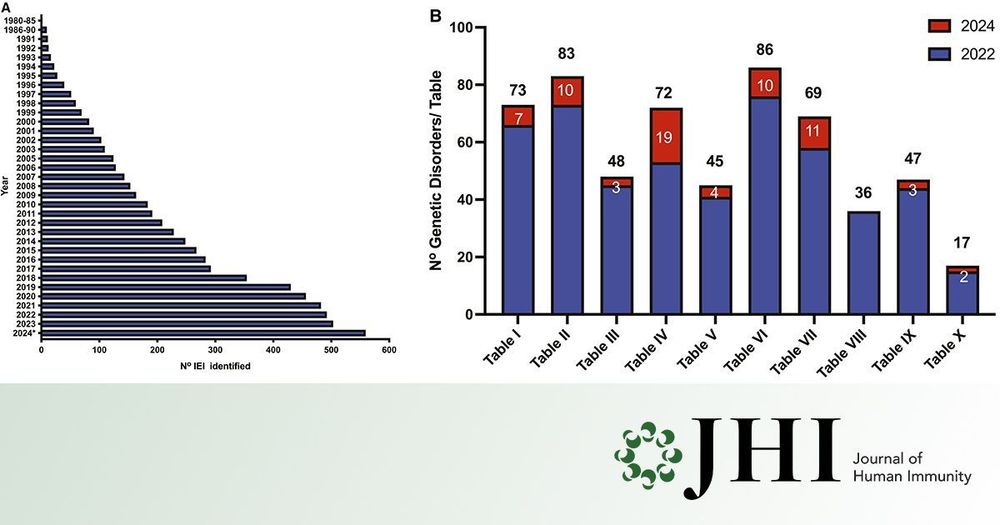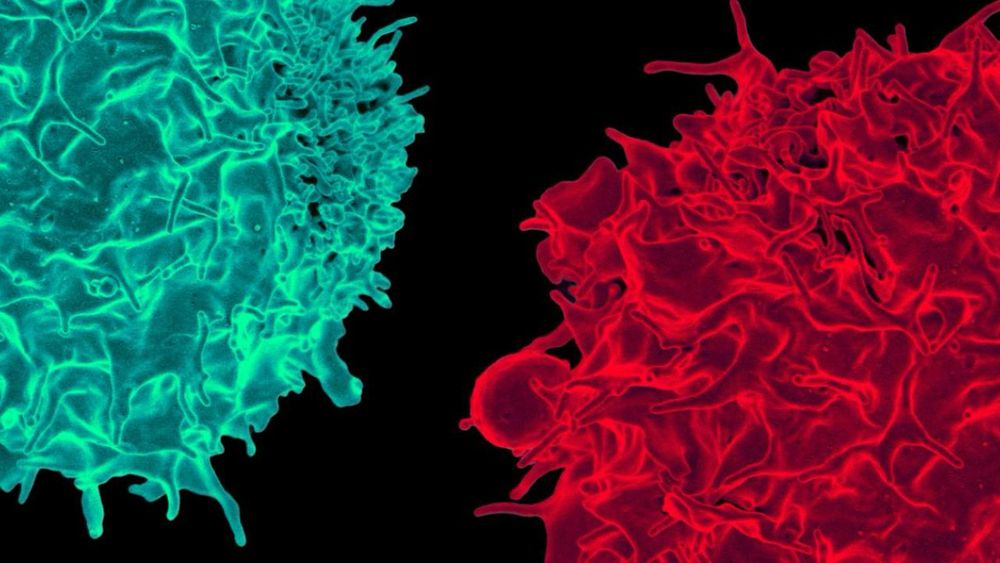Valentine Ribier and colleagues characterise the infectious burden of VEXAS syndrome and propose preventive strategies bit.ly/3VDJIPq
@terrierben.bsky.social
@sophiegeorgin.bsky.social

Valentine Ribier and colleagues characterise the infectious burden of VEXAS syndrome and propose preventive strategies bit.ly/3VDJIPq
@terrierben.bsky.social
@sophiegeorgin.bsky.social
See also the accompanying diagnostic guide by Bousfiha et al.: rupress.org/jhi/article/...

rupress.org/jem/article/...
rupress.org/jem/article/...

🗓️ Vendredi 18 avril 2025 à l’institut Imagine à Paris ! La journée sera accessible en présentiel et en distanciel.
👉 Prolongation des inscriptions jusqu’à lundi 14 avril 12h !
🛜 Lien d’inscription : www.eventbrite.com/e/mip-2025-t...

🗓️ Vendredi 18 avril 2025 à l’institut Imagine à Paris ! La journée sera accessible en présentiel et en distanciel.
👉 Prolongation des inscriptions jusqu’à lundi 14 avril 12h !
🛜 Lien d’inscription : www.eventbrite.com/e/mip-2025-t...
www.jaci-inpractice.org/article/S221...
@jaciinpractice.bsky.social

www.jaci-inpractice.org/article/S221...
@jaciinpractice.bsky.social


Latest from us. Published today. News here www.cuimc.columbia.edu/news/what-ha... article here: www.nature.com/articles/s41... @stewart_ojay @BogunovicLab and a huge international team thank you 🙏🏼

Latest from us. Published today. News here www.cuimc.columbia.edu/news/what-ha... article here: www.nature.com/articles/s41... @stewart_ojay @BogunovicLab and a huge international team thank you 🙏🏼

